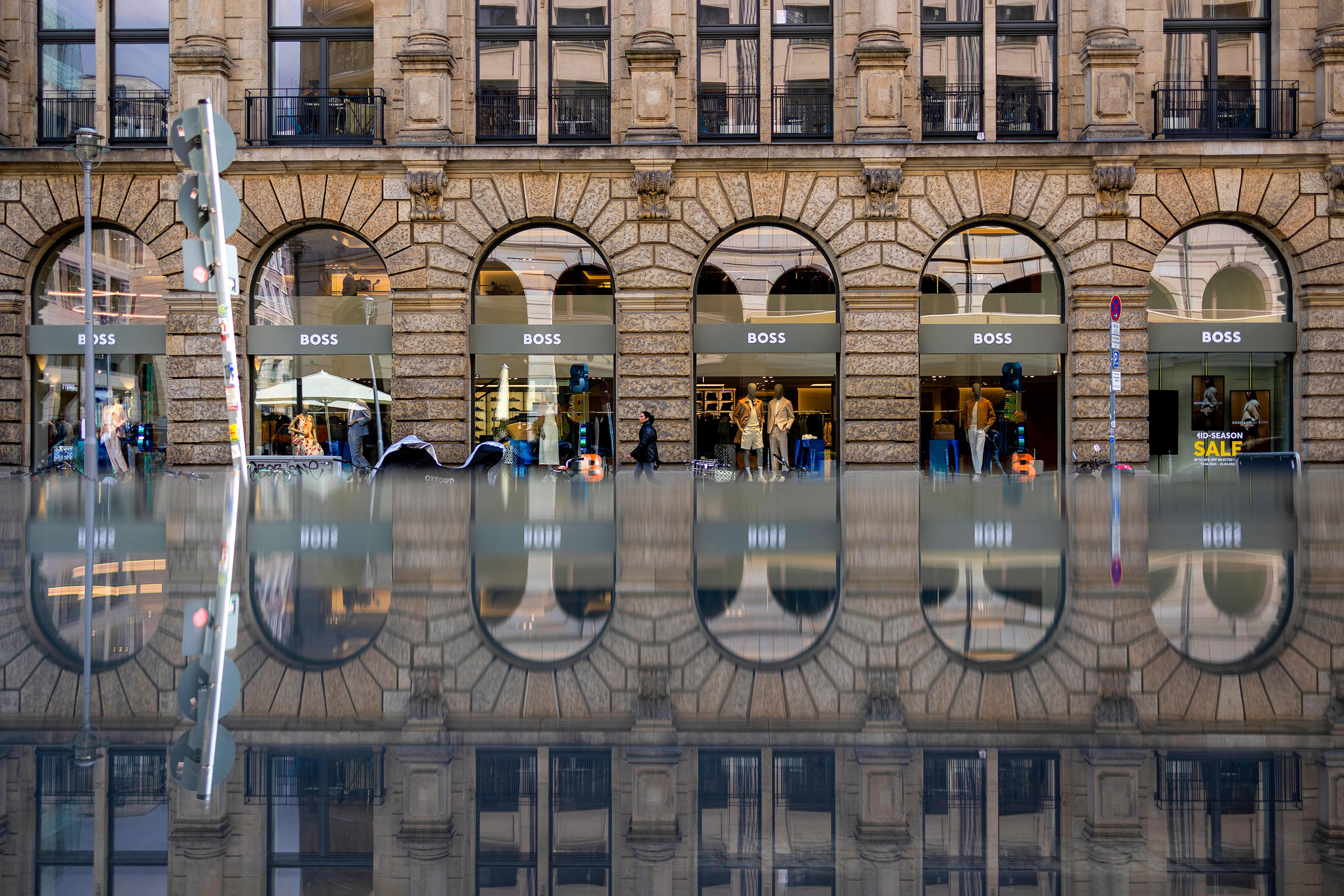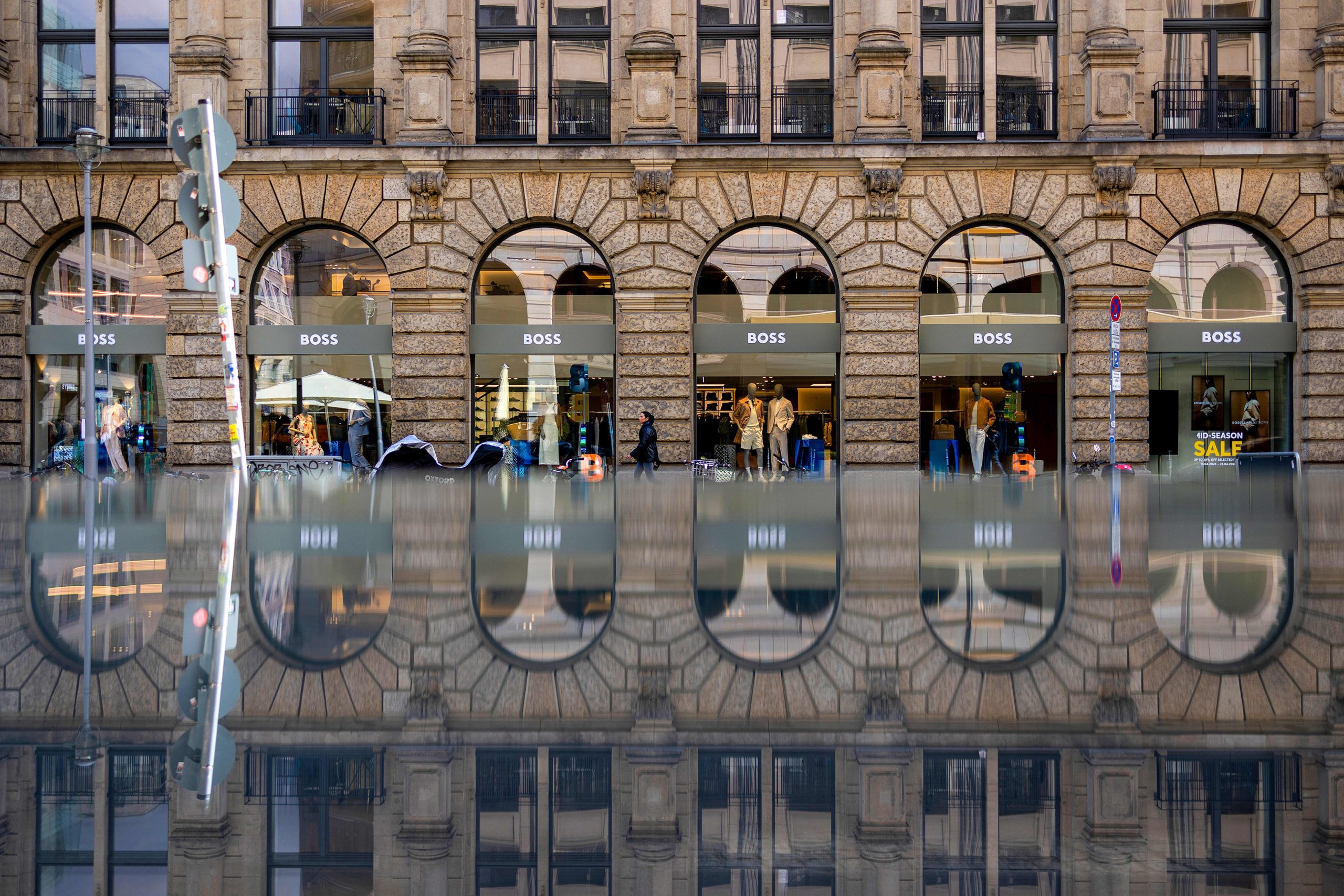
“`markdown
The fashion industry has been navigating choppy waters in recent years, with luxury brands facing a perfect storm of economic headwinds. Between pandemic aftershocks, inflationary pressures, and shifting consumer priorities, even established players have struggled to stay afloat. Yet against this turbulent backdrop, Hugo Boss just delivered a surprise earnings beat that sent its stock soaring 8% – proving some brands still know how to float when others are sinking. This German fashion house’s unexpected resilience offers a masterclass in strategic adaptation during retail’s most volatile era since the 2008 financial crisis.
Diversification as Armor
What makes Hugo Boss’s performance particularly noteworthy is its deliberate avoidance of single-market dependency. While best known for menswear (those sharp suits practically define corporate power dressing), the company derives over 50% of fashion trade turnover from womenswear – a strategic hedge against sector-specific downturns. CEO Joshua Schuman’s “good, better, best” pricing tiers create additional buffers, allowing the brand to capture everyone from entry-level professionals to C-suite shoppers. This multi-layered approach mirrors luxury conglomerates like LVMH, proving that in today’s market, putting all your eggs in one velvet-lined basket is a recipe for disaster.
Counterfeit Wars & Brand Integrity
In an industry where knockoffs drain an estimated $98 billion annually, Hugo Boss treats brand protection like cybersecurity for luxury goods. The company’s aggressive anti-counterfeiting measures – from blockchain authentication pilots to high-profile lawsuits – serve dual purposes: protecting margins while reinforcing exclusivity. This vigilance pays dividends in consumer trust, particularly in Asian markets where counterfeit luxury goods proliferate. Unlike some peers who quietly tolerate fakes as “brand awareness tools,” Hugo Boss understands that in the Instagram era, diluted brand perception can crater pricing power overnight.
Home Field Advantage
While global expansion dominates luxury retail discourse, Hugo Boss demonstrates the undervalued power of domestic strongholds. Its German operations continue delivering reliable revenue streams, providing stability amidst international volatility. This local anchoring enables calculated global moves rather than desperate expansion – think chess, not checkers. The brand’s wholesale/direct sales balancing act further illustrates this strategic patience, avoiding the margin-crushing overreliance on department stores that doomed competitors like Michael Kors.
The fashion industry’s current turbulence separates tactical brands from truly strategic ones. Hugo Boss’s playbook – diversified offerings, militant brand policing, and measured globalization – offers a blueprint for sustainable luxury retail. As economic uncertainty becomes the new normal, the brands thriving will be those building shock absorbers into their business models rather than chasing short-term hype. Because in this market? That 8% stock pop isn’t just about beating expectations – it’s about proving you’ve engineered a brand that can take a punch.
“`







